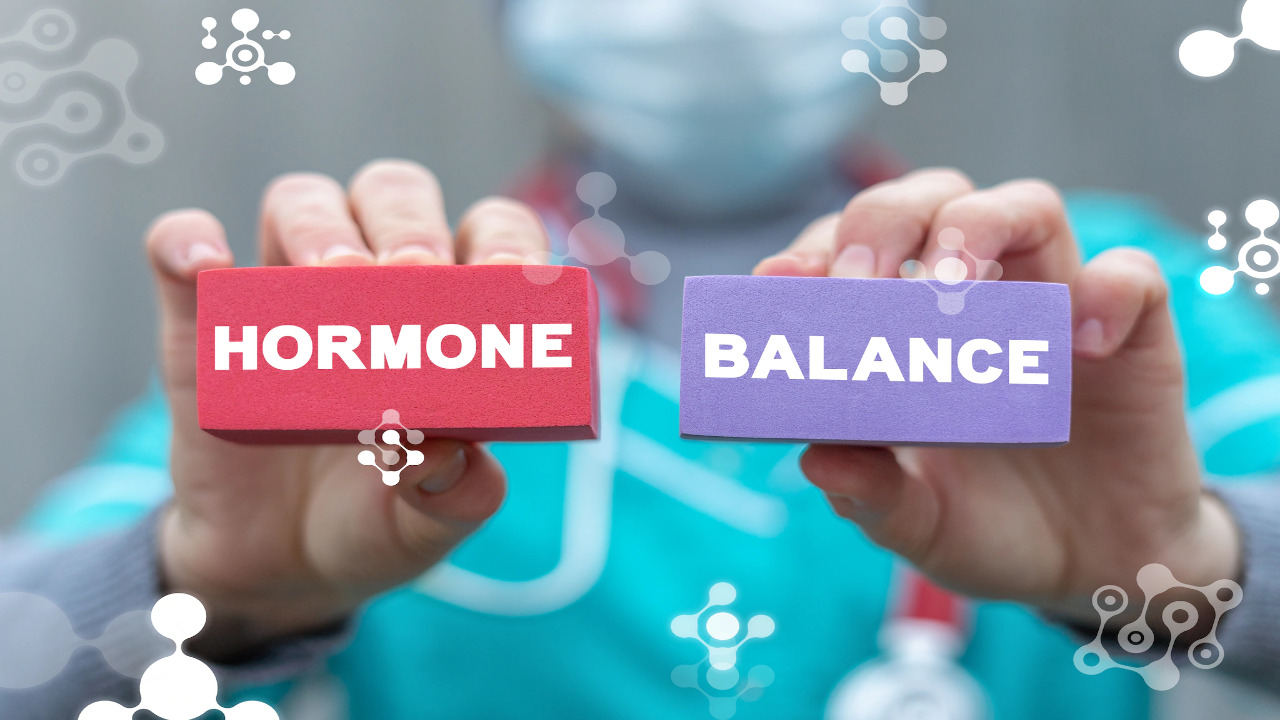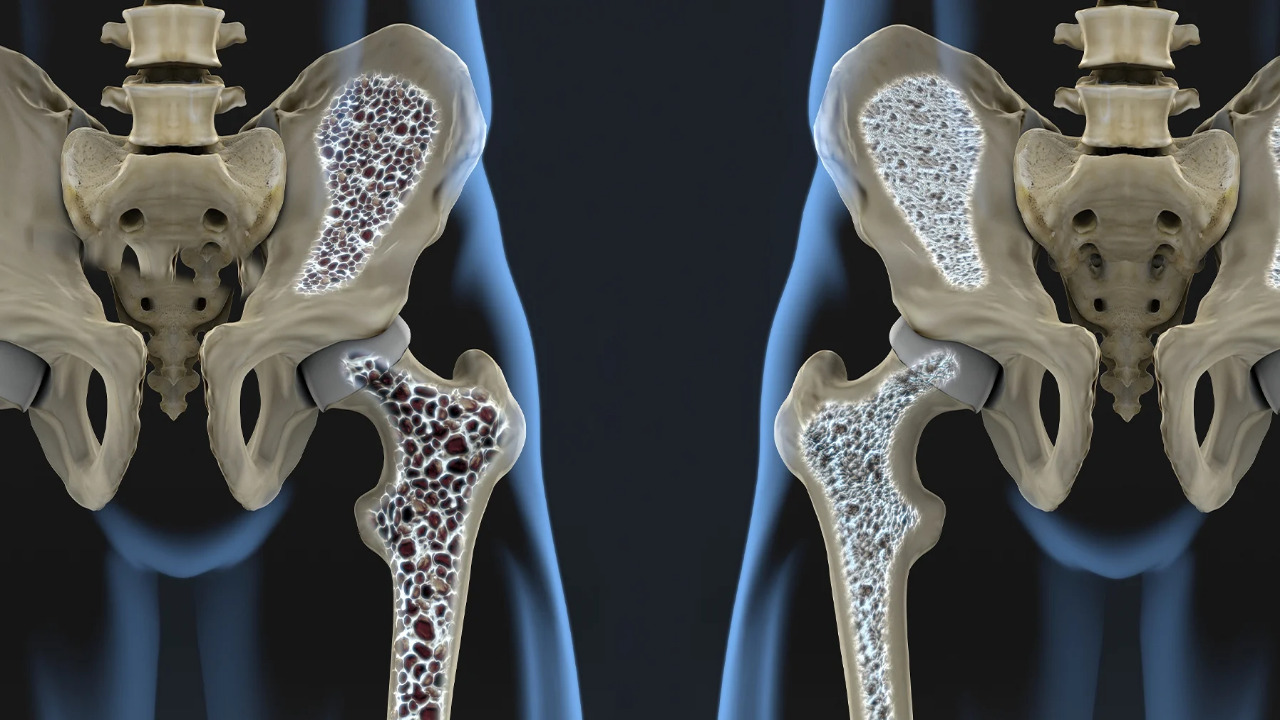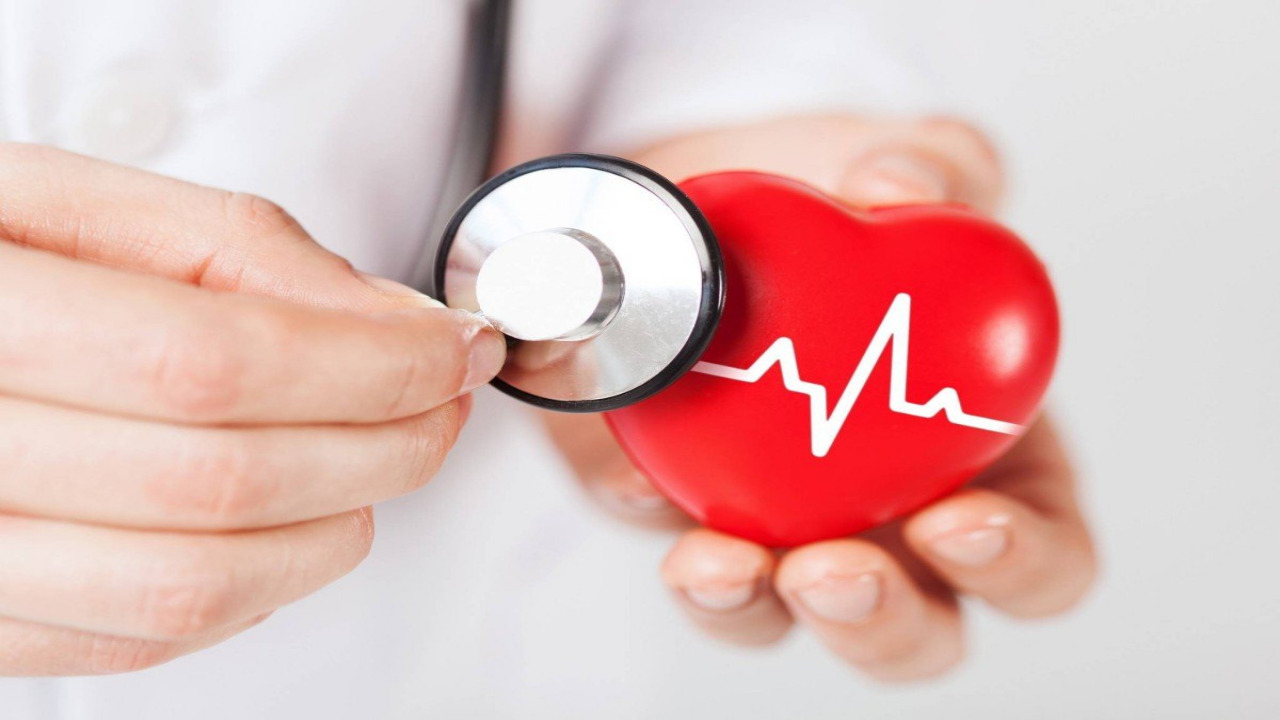A balanced diet is important because it provides your body with the nutrients it needs to function properly. A diet that is balanced includes a variety of foods from all food groups in appropriate proportions. This means that you should eat foods that provide carbohydrates, proteins, fats, vitamins, minerals, and fiber in the right amounts. Overall, a balanced diet is important because it can help you maintain good health and prevent chronic diseases. It is important to eat a variety of foods from all food groups in appropriate proportions to ensure that your body gets all the nutrients it needs.
If you spend your day wandering from store to store in search of the best products for your diet, you are doing everything right. Diet plays a crucial role in women’s health, as it affects everything from reproductive health to energy levels, mood, and overall well-being. Here are some key points about the connection between diet and women’s health:
Hormonal Balance

Certain foods can help regulate hormones, such as estrogen and progesterone, which are essential for reproductive health. A diet rich in whole foods, fruits, and vegetables and low in processed foods and sugar, can help maintain hormonal balance. Hormones like estrogen and progesterone play a critical role in women’s reproductive health. A diet high in whole foods, fruits, and vegetables and low in processed foods and sugar can help maintain hormonal balance.
Bone Health

Women are at a higher risk of osteoporosis than men, and diet can play a critical role in maintaining healthy bones. Calcium-rich foods such as dairy products, leafy green vegetables, and fortified foods like orange juice can help build strong bones.
Cardiovascular Health

Heart disease is the leading cause of death among women in many countries. Eating a diet rich in whole grains, fruits, vegetables, and lean proteins and low in saturated and trans fats can help reduce the risk of heart disease.
Mood and Energy

A healthy diet can help boost energy levels and improve mood. Eating a balanced diet that includes complex carbohydrates, lean protein, and healthy fats can help stabilize blood sugar levels and prevent energy crashes.
Reproductive Health

A diet high in antioxidants and anti-inflammatory foods can help improve fertility and reduce the risk of conditions such as endometriosis and polycystic ovary syndrome (PCOS).
Menopause
As women go through menopause, their bodies undergo significant changes that can affect their health. A diet rich in phytoestrogens, found in foods such as soy products, can help alleviate some of the symptoms of menopause, such as hot flashes and night sweats.
Mental Health
Diet can impact women’s mental health in various ways. For example, a diet high in processed foods and sugar may increase the risk of depression, while a diet rich in whole foods and nutrients like omega-3 fatty acids may help improve mood and reduce the risk of anxiety and depression.
Overall, diet plays a crucial role in women’s health and well-being, and a healthy, balanced diet is essential for maintaining optimal health and reducing the risk of chronic disease.